Why Smith County Mississippi Land Attracts Buyers
Smith County land draws buyers looking for usable acreage that supports long-term timber production, quiet rural living, and steady wildlife habitat. It's not a flashy market, but it is dependable—this is where you find generational tracts that haven't changed hands in decades. With gently rolling hills and deep pine stands, the area is ideal for replanting and long-term timber cycles. Many properties have been managed for pulpwood or sawtimber, offering a blend of merchantable timber and new growth.
Buyers also look to Smith County for its affordability. Land here trades below the average for Mississippi, especially for cutover or recently thinned tracts. That opens the door for first-time investors and multi-use buyers who want to hunt, cut timber, and maybe start a small farm. Roads are basic but reliable, and most parcels are already shaped by years of practical use—farm ponds, old home sites, fence lines, and logging trails are common.
Local identity matters here. This is a county where families work their own land and church comes before just about everything else. It's not a place for fast growth or big developments. But if you want acreage you can hunt, lease, or pass on to your kids, Smith County is worth a hard look.
Rolling Pines, Creekbottom Timber, and Dry Fields
Loblolly Pine Ridges
Large portions of the county are covered in loblolly plantations. These ridges are easy to replant and manage for timber income, and they offer high-ground bedding for deer.
Creekbottom Hardwoods
Seasonal creeks run through low areas, lined with hardwoods like white oak and red maple. These bottoms are prime spots for turkeys and deer movement.
Gently Rolling Pastures
Flat to gently rolling fields can be found near Mize and Taylorsville. These areas are well-suited for grazing, hay, or smaller row crop rotations.
Timber, Poultry, and Hay Land

Timber Investment
Most tracts in Smith County either have merchantable pine or are in some stage of replanting. Loblolly does well here and responds quickly to thinning and prescribed fire. Clearcuts offer a reset for wildlife and timber cycles alike. Roads are often legacy haul roads from logging operations. Investors can find affordable land with good growth potential over 10–15 year horizons.
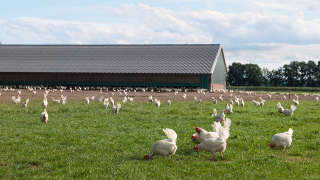
Poultry Operations
Broiler farms are common across the county, often running 4 or 6-house setups under Tyson or Sanderson contracts. Many include older residences, equipment sheds, and backup generators. Water is typically supplied via well, and newer farms may have updated tunnel ventilation and cool cells. Lenders familiar with the area are active here, helping new buyers enter the market with reasonable terms.
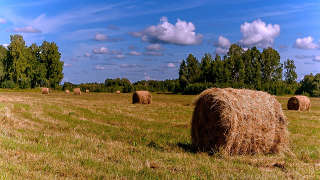
Pasture and Hay Fields
Wide open hayfields still exist across Smith County, especially in the flatter ground near Sylvarena or Summerland. Bahiagrass and bermudagrass are common, with some landowners running small cow-calf herds. These tracts usually have perimeter fencing, pole barns, and working pens in varying condition. Water sources include ponds and shallow wells, and soils handle grazing pressure well through most of the year.
Are you selling land in Mississippi
From Delta Farms to Pine Hills—We Bring Buyers
Thinking about selling land in Mississippi? Whether it’s a soybean farm in the Delta, timberland in Winston County, or a recreational tract in Clarke, Tutt Land Company knows how to market and move Mississippi property.
With more than 80+ years of land-focused experience, we connect your acreage with serious buyers using proven strategies—professional videos, targeted digital ads, and promotion across national platforms and Southeast land networks. Our name is trusted from the Tennessee line to the Gulf Coast.
Don’t just list your land—sell it with experts who live and breathe Mississippi dirt.
Hunting Land with Whitetail, Turkey, and Stocked Ponds
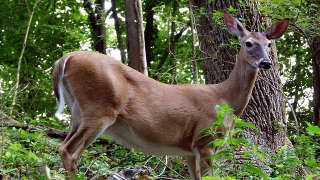
Whitetail Deer
Private timber tracts support healthy deer numbers. Cutovers, thickets, and feeders near food plots keep bucks moving through rifle and bow season.
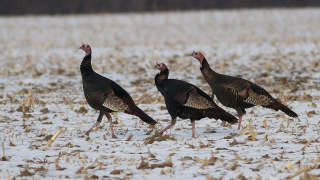
Eastern Wild Turkey
Turkeys are found in hardwood drains and old pasture edges. Early morning gobbles are common near creekbottoms in April and May.
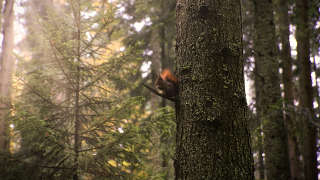
Squirrel & Rabbit
Small game thrives in Smith County. Squirrel hunting is popular among locals, especially in mature oak stands left standing along old fence rows.
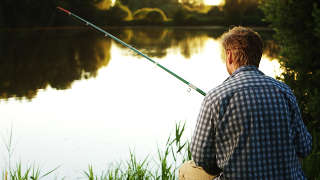
Bass & Catfish
Most fishing happens in private ponds stocked with largemouth bass or catfish. Strong River and local creeks offer seasonal angling when water levels rise.
Land and Life in a Quiet, Working County
Land for Sale in Nearby Central Mississippi Counties
Jasper County
Jasper offers comparable pine timberland and cutover pricing. Wildlife leases and farmland near Bay Springs draw consistent buyer interest.
Simpson County
Closer to Jackson markets, Simpson County mixes hunting land with small farms. It sees more turnover and slightly higher prices.
Covington County
Covington offers rolling pastureland and poultry operations, especially near Mount Olive and Seminary. Prices vary by access and road frontage.



